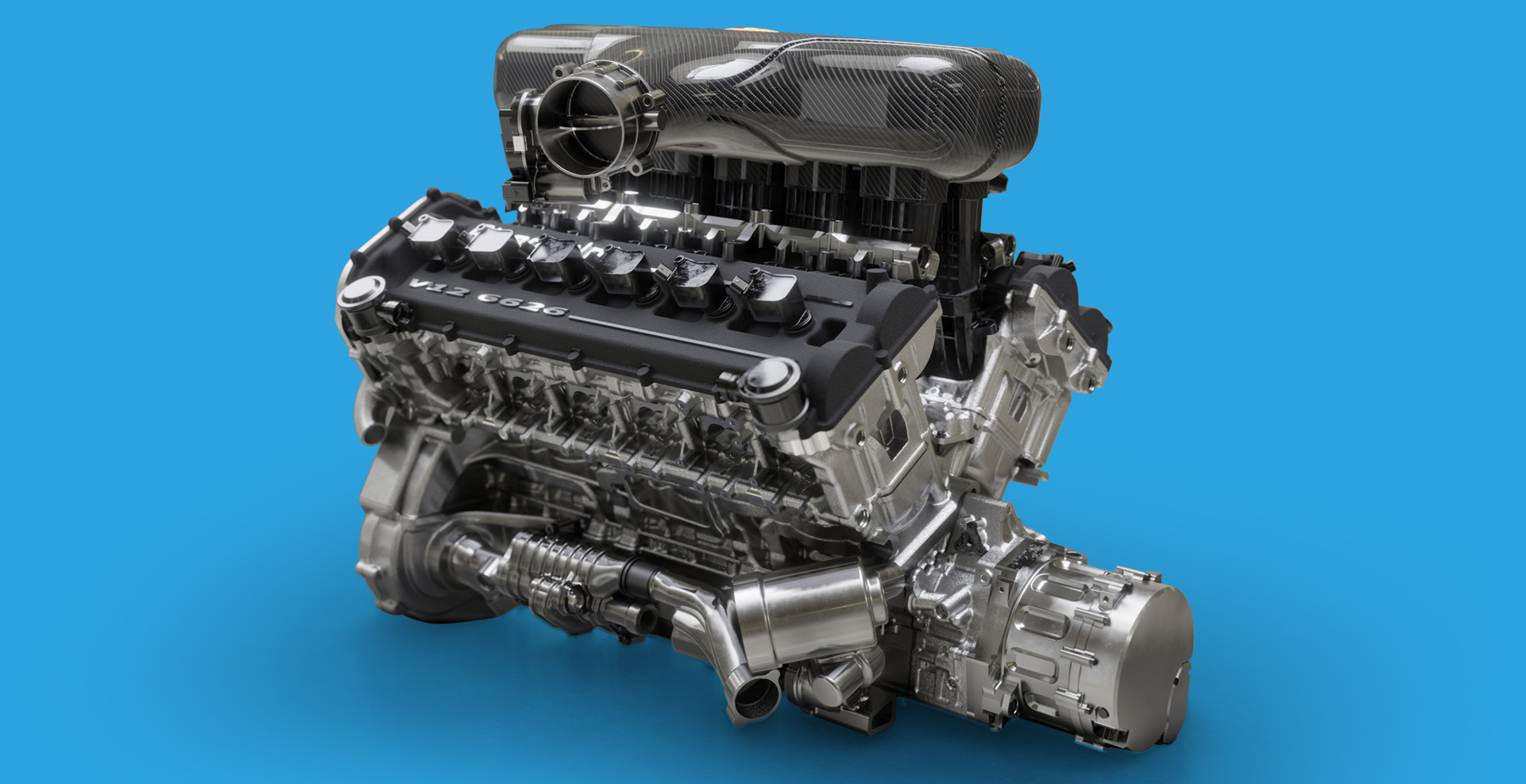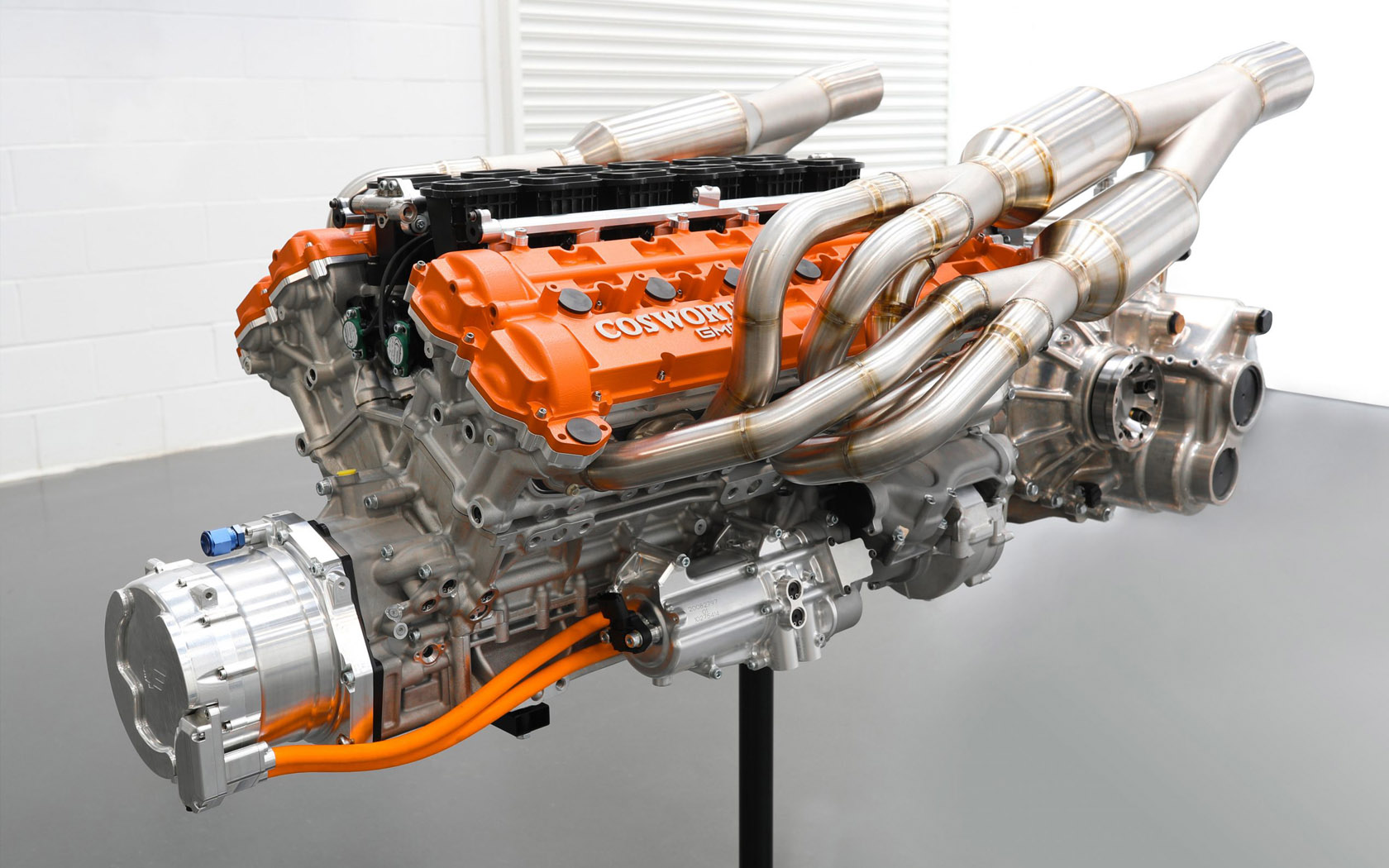Engines For Africa: Your Relied On Companion for Electric Motor Requirements
Explore a Variety of Engines for every single Vehicle and Function
The vehicle landscape is significantly complex, with a diverse selection of engine kinds designed to satisfy particular efficiency and effectiveness demands across numerous car classifications. From the high-performance engines that power cars to the fuel-efficient options customized for day-to-day travelling, the choices are substantial and differed. Additionally, heavy-duty engines serve the demands of work lorries, while eco-friendly choices are getting grip in the quest of lasting transportation. Comprehending these distinctions is vital for making notified decisions, specifically as emerging modern technologies proceed to shape the future of vehicle design. What implications might these advancements hold for producers and customers alike?
Sorts Of Automotive Engines
Automotive engines can be classified right into several unique types, each made to fulfill certain performance and efficiency requirements. One of the most usual categories include internal burning engines, electrical engines, and hybrid systems.

Electric engines, on the other hand, operate on electric power kept in batteries, providing instantaneous torque and absolutely no exhausts. These engines are coming to be progressively preferred as a result of developments in battery technology and the growing emphasis on sustainability.
Crossbreed systems combine both interior burning and electric engines, enabling vehicles to maximize fuel effectiveness and decrease exhausts by seamlessly switching between power resources. Each engine kind presents its benefits and downsides, affecting elements such as vehicle design, meant use, and market demand. Comprehending these distinctions is crucial for consumers and makers alike when picking the suitable engine for their particular needs.
Performance Engines for Sports Cars
Efficiency engines for cars are particularly engineered to supply boosted speed, agility, and power, setting them aside from basic automotive engines. These engines usually make use of sophisticated modern technologies such as turbocharging, turbo charging, and variable valve timing to optimize performance and responsiveness.
Normally, performance engines are made with greater compression proportions, which permit higher energy extraction from fuel. This causes impressive horse power and torque numbers, allowing quick velocity and greater full throttle. Additionally, the lightweight products made use of in these engines, such as aluminum and carbon fiber, add to reduced overall automobile weight, boosting handling and maneuverability.
Engine configurations like V6, V8, and also hybrid systems are common in efficiency cars, each offering distinct benefits in regards to power shipment and driving characteristics. The adjusting of these engines is also critical; many manufacturers enhance the engine administration systems to give an exciting driving experience, frequently including sport modes that adjust throttle response and equipment shifts.
Effective Engines for Daily Commuters
In the world of everyday commuting, efficient engines play a vital duty in enhancing fuel economic climate and minimizing discharges while giving dependable efficiency. As metropolitan populations grow and environmental issues intensify, the demand for vehicles equipped with effective powertrains has risen.
Modern engines developed for everyday travelers often incorporate technologies such as turbocharging, straight gas injection, and crossbreed systems. Turbocharging enhances engine efficiency forcibly even more air right into the combustion chamber, enabling smaller, lighter engines that do not endanger power outcome. Direct gas injection boosts gas atomization, resulting in far better burning and raised effectiveness.
Hybrid engines, combining interior combustion with electrical power, more boost gas economic climate, particularly in stop-and-go web traffic, where typical engines can deal with inadequacies. Electric electric motors assist throughout velocity and can operate independently at low rates, minimizing overall gas consumption.
In addition, advancements in engine administration systems and light-weight products contribute significantly to reliable engine design. By concentrating on efficiency, durability, and ecological sustainability, manufacturers continue to supply engines that not only meet the needs of everyday travelling but also line up with international efforts to reduce carbon impacts.
Heavy-Duty Engines for Job Cars
Durable engines for job cars are routinely crafted to supply remarkable torque and dependability under demanding problems. These engines are developed to see here carry out in settings where standard engines may fail, such as building and construction sites, logging operations, and farming setups. The main emphasis of durable engines is their ability to produce high levels of power while keeping resilience over extended periods of procedure.
Usually, sturdy engines use sophisticated materials and robust building and construction methods to hold up against the rigors of hefty workloads. Attributes such as reinforced cyndrical tube blocks, enhanced cooling systems, and progressed fuel shot innovations add to their efficiency. These engines commonly operate at lower RPMs, which helps to maximize fuel performance while giving the essential power for transporting and pulling.
Along with mechanical effectiveness, durable engines are usually outfitted with innovative digital control systems (ECUs) that manage efficiency, exhausts, and diagnostics. This combination permits far better surveillance and upkeep, making certain that work cars continue to be operational and reliable.
Inevitably, heavy-duty engines are a crucial component in the performance of various markets, giving the necessary power and reliability to deal with the toughest of tasks.
Eco-Friendly Engine Options
The expanding emphasis on sustainability has led to the development of eco-friendly engine options that prioritize lowered discharges and improved fuel effectiveness. These engines are created to decrease the environmental effect of lorries while still supplying the performance and dependability expected by consumers.
Amongst one of the most significant environment-friendly options are electrical and hybrid engines. Crossbreed engines combine typical interior burning engines with electric propulsion, permitting reduced fuel consumption and reduced greenhouse gas discharges. Electric engines, on the other hand, operate entirely on battery power, producing zero tailpipe discharges and adding to cleaner air top quality.
An additional appealing advancement is the improvement of biofuel engines, which make use of renewable energies, such as plant products, to power cars (Engines For Africa). By using biofuels, these engines can lower dependence on fossil fuels and lower overall carbon impacts

As the automotive market advances, environmentally friendly engine choices will play an essential function in driving the shift in the direction of even more lasting transport services.
Final Thought
The automobile market offers a varied range of engines created to fulfill numerous automobile demands and objectives. From high-performance engines that boost sporting activities vehicle capabilities to reliable models focusing on gas economic climate for daily commuters, each kind serves a specific function. click Durable engines deal with durable job lorries, while environmentally friendly options, such as electrical and biofuel engines, promote sustainable transportation. This detailed range makes sure that all driving demands are attended to, adding to innovations in automotive technology and environmental stewardship.
